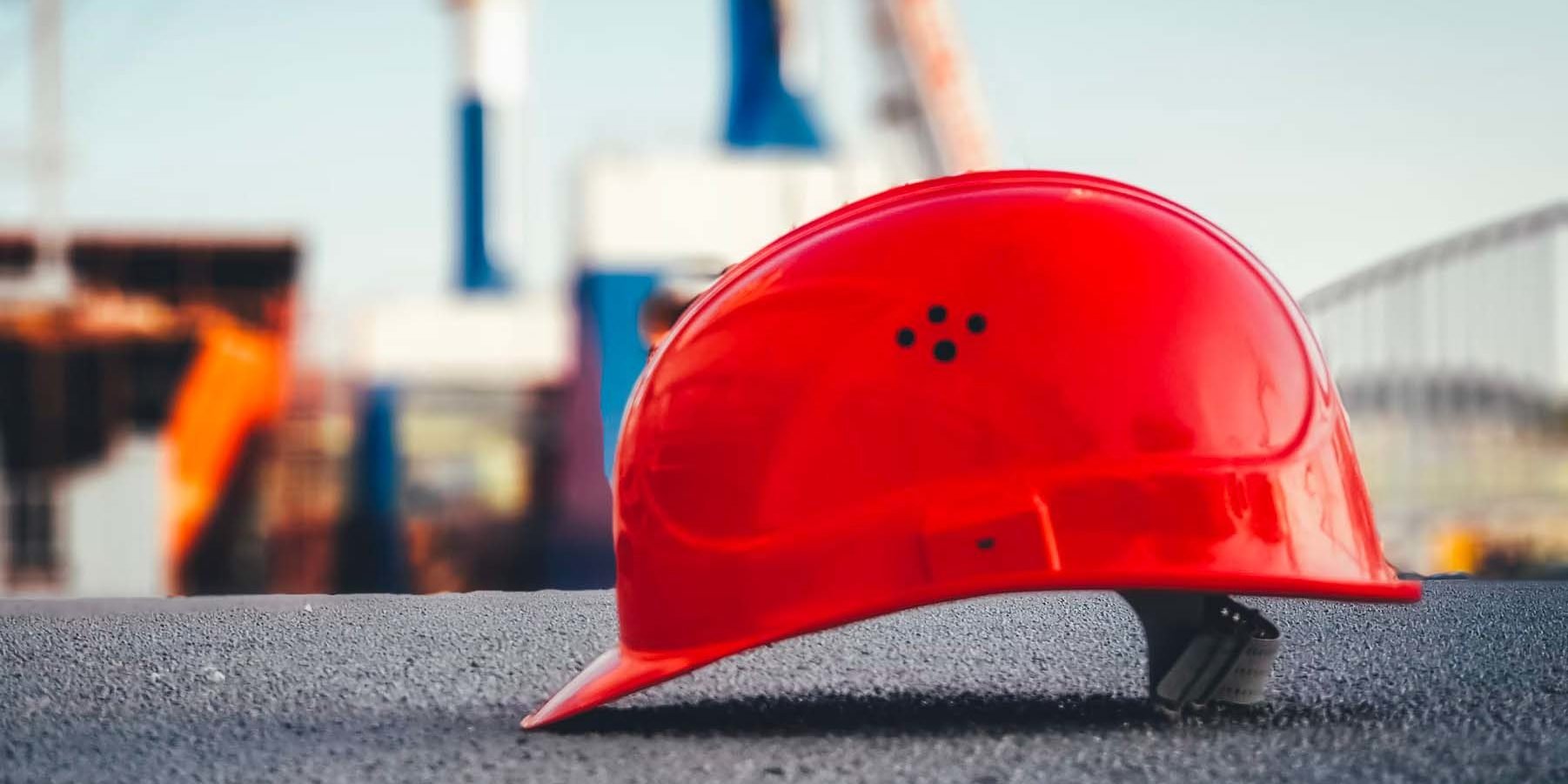
Fifth Circuit Decision on CGL Coverage for Defective Construction Causing a Fire
The United States Court of Appeals for the Fifth Circuit recently issued an opinion in Gonzalez v. Mid-Continent Cas. Co.[1] which addresses three issues significant to insurance coverage for defective construction. The dispute between a contractor and his insurer over insurance coverage arose from a fire at a home on which the contractor installed siding. In the underlying action giving rise to the insurance coverage dispute, the homeowner plaintiff sued the contractor alleging that when replacing the siding on the home, the contractor drove a nail into the home’s electrical wiring and the nail caused a fire at the home three years later. The contractor tendered his defense and indemnity to his commercial general liability insurance carrier for the time when the contractor performed the work at the home. The carrier refused to defend or indemnify the contractor, and the contractor sued the carrier seeking a declaratory judgment as to the carrier’s obligation to defend and indemnify the contractor. The federal district court entered a partial judgment holding that the carrier was obligated to defend the contractor in the underlying action, and the carrier appealed.
On appeal, the Fifth Circuit held that despite the fire occurring three years after the contractor performed the work and three years after the insurance policy period, the fire damage was damage that occurred during the policy period. The Court reasoned that the contractor undertook all relevant acts during the policy period and drove the nail into the electrical wiring during the policy period, and therefore, the damage to the electrical wiring occurred during the policy period. The Court then reasoned that the fire was further damage resulting from the initial damage to the electrical wiring. The CGL policy, using standard CGL policy form language, defined “property damage” as “physical injury to tangible property, including all resulting loss of use of that property” and the policy provided that “all such loss shall be deemed to occur at the time of the physical injury that caused it.” Applying that language, the Court reasoned that the fire was further damage from the covered property damage of nailing into the electrical wiring during the policy period. Stated succinctly, the Court held that “the date the damage is discovered is irrelevant” and the damage occurs, for purposes of a CGL policy, “at the time of the physical injury that caused it.”
The second issue addressed by the Fifth Circuit that commonly arises in relation to CGL coverage for construction defects was whether exclusion j(5) and exclusion j(6) eliminated coverage. Exclusion j(5) in CGL policies excludes coverage for “that particular part of real property on which you or any contractors or subcontractors working directly or indirectly on your behalf are performing operations, if the property damage arises out of those operations.” Exclusion j(6) in CGL policies excludes coverage for “that particular part of any property that must be restored, repaired or replaced because your work was incorrectly performed on it.” Reviewing the plain meaning of the “that particular part” and “performing”/“performed” language in the exclusions, the Court held the exclusions did not affect the contractor’s coverage for the fire damage. The Court reasoned the exclusions only apply to the specific, limited portion of a property on which an insured agrees to perform work and does not apply more broadly to any portion of the property an insured happens to come into contact with or impact.
Finally, the Court held that even if the “particular part” and “performing”/“performed” language did not render exclusion j(5) inapplicable, the exclusions would not apply because j(5) only applies to exclude damage caused and occurring while the insured’s work is ongoing. The Court reasoned that exclusion j(5) is written in the present tense—“are performing”—thereby indicating that the exclusion only excludes damage that occurring during the active performance of work.
[1] Gonzalez v. Mid-Continent Cas. Co., 969 F.3d 554 (5th Cir. 2020).




















